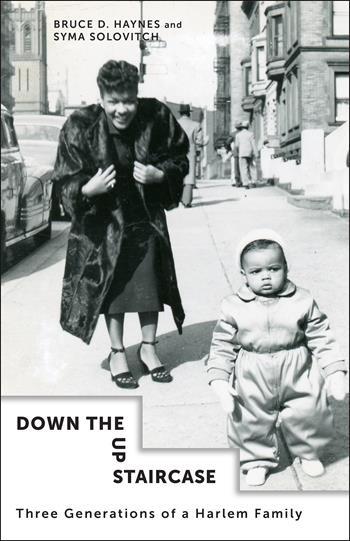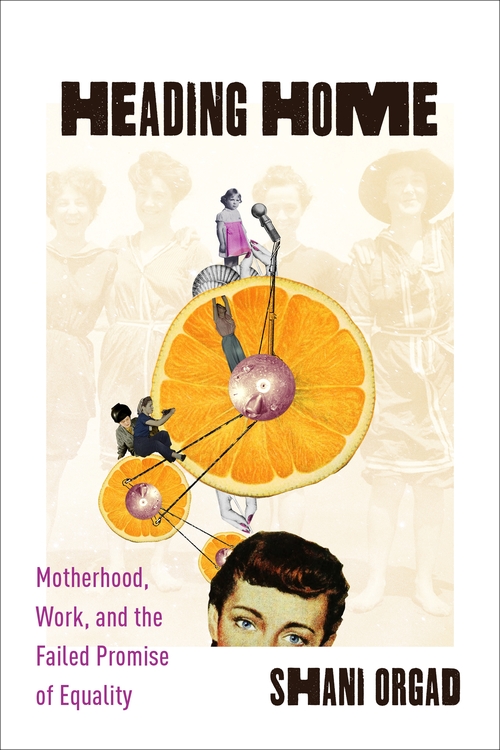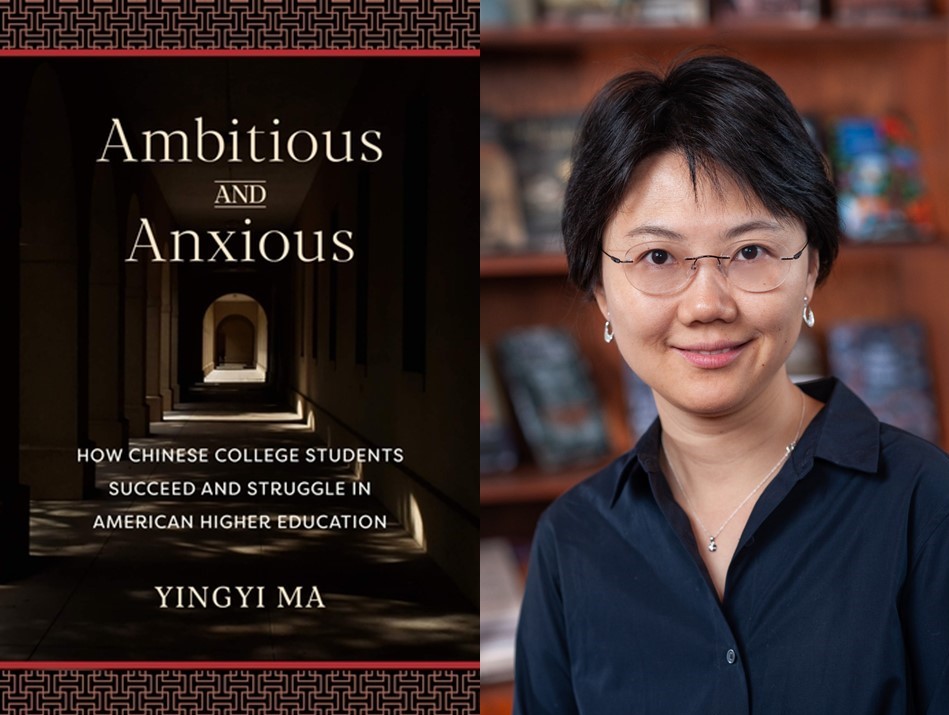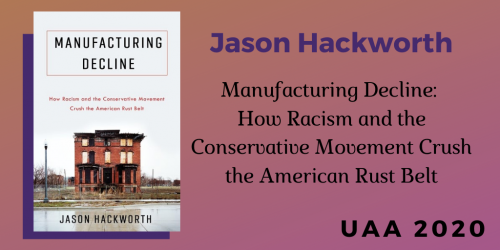Jennifer Clark on Uneven Innovation and Receiving the Urban Affairs Association Best Book Award

When I heard the news that Uneven Innovation: The Work of Smart Cities had won the 2021 Urban Affairs Association Best Book Award I reflected on how much the book complements UAA’s own goals and mission as an interdisciplinary organization, founded in 1969, in the wake of the mid-twentieth century’s big investments in large-scale urban plans. Then, as now, there is an ongoing public debate about both what infrastructure is—soft, intelligent, hard—and who has the right to determine what gets done and where. And then, as now, there are those who argue that their particular investments lie outside the scope of existing urban governance regimes and beyond the reach of participatory planning practices and the specificity of local conditions.
In Uneven Innovation I make the argument that the smart cities project is a continuation of a broader “urban technology project,” familiar to those of us in urban studies and urban planning. The smart cities project is delinked from the historical past and situated within an internally contradictory narrative that claims to operate on a de-territorialized landscape while simultaneously claiming the geographic preeminence of the city. With all this to sort through, it is no wonder that scholars from urban policy, economics, politics, planning, history, and geography have been tempted to hold this new iteration of the urban technology project at arm’s length.
There is nothing like a year of at-home work and remote schooling to expose the uneven and unreliable infrastructure platforms on which our cities sit.
The arrival of the COVID-19 pandemic underscored the need for analysis of the way we understand cities as uneven technology platforms intended to not only enable economic development but also provide for education, health, and home. There is nothing like a year of at-home work and remote schooling to expose the uneven and unreliable infrastructure platforms on which our cities sit. The smart cities project has been revealed to be far more aspirational, predicated on far more assumptions, than the message shared with policy makers and investors in our pre-pandemic world. In other words, we have a long way to go, and some decisions to make, about who pays and who benefits and what communities need.
I am honored that UAA selected Uneven Innovation for the 2021 UAA Book Award in part because the project of building our cities back better will be an interdisciplinary project that requires the expertise and attention of the full range of scholars who study cities and regions. The subtitle of the book is The Work of Smart Cities because one of its core arguments is that it takes real work to govern and manage places; it takes sustained capacity. It also takes work to study cities. And it is the research community of UAA that does that work. I hope that Uneven Innovation serves as a contribution to that project.
Jennifer Clark is professor and head of the City and Regional Planning Section at the Knowlton School of Architecture in the College of Engineering at the Ohio State University, and author of Uneven Innovation: The Work of Smart Cities—recipient of the 2021 Best Book in Urban Affairs Award. You can save 20 percent on her book and any of our featured UAA titles when you use coupon code UAA at checkout form our website now through June 1, 2021.








